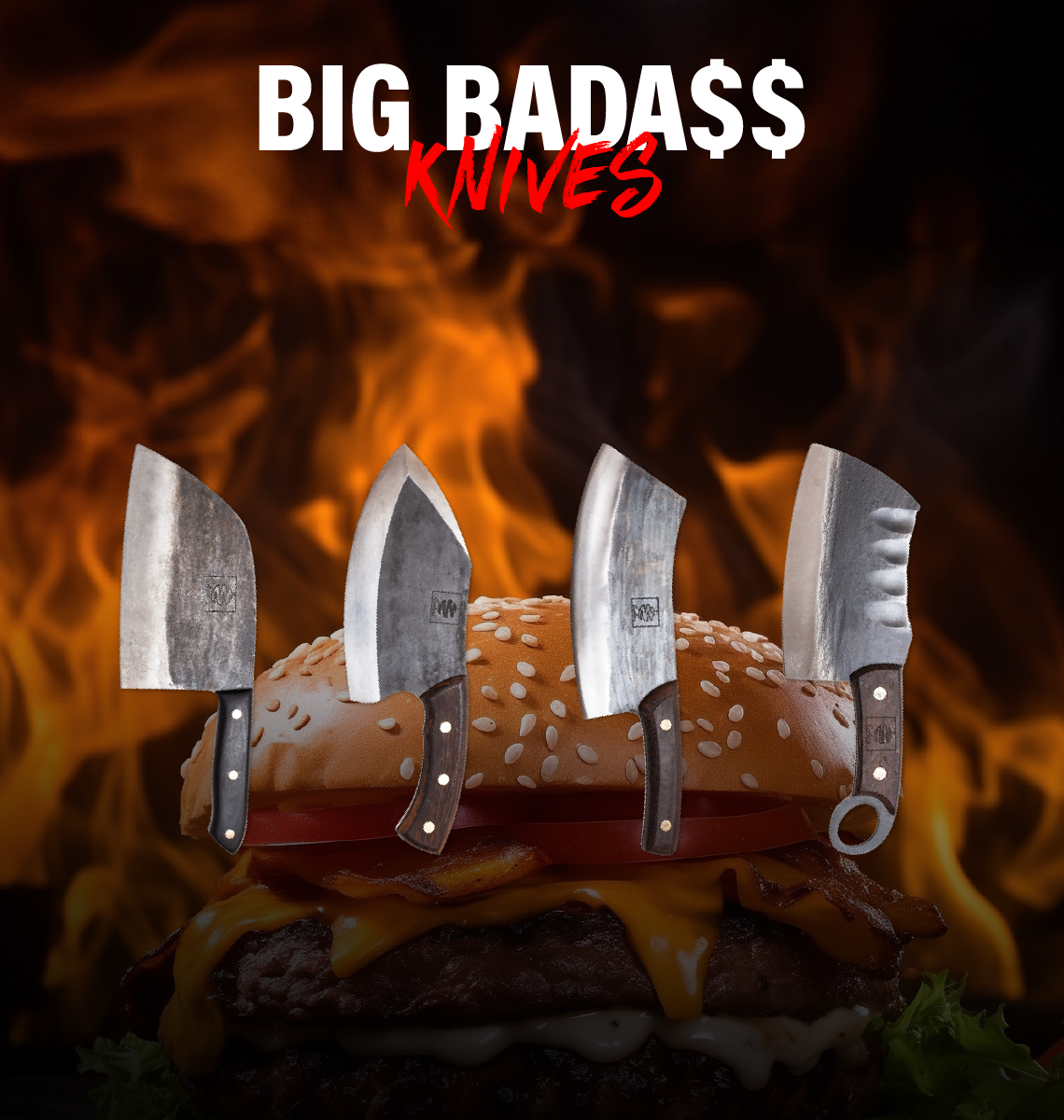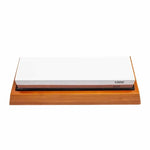5 Barbeque Mistakes You're Making

There are many wonderful outdoor cooks who take a systematic method to superb grilling and enjoy the delicious rewards as a result, but there are still plenty who make mistakes every day. And that is why we’re here to help! Let’s dive into some of the most common mistakes people make while grilling and learn how to avoid them.
- You flip the steak on the grill constantly.

The heat from the grill plate is used to cook a steak on the grill. That's because the heat is rising through the steak. The heat must start going up through the steak again every time you flip it. As a result, the steak will take a long time to cook and will be dry.
Using a hot grill pan is a good idea and the meat, not the grill, should be oiled. If you don't cover the oil on the grill with steak, it burns and smokes. Just before putting the meat on the grill, season it with salt. When you salt it too soon, it takes moisture out of the meat and dries it out. When you salt meat after it's been cooked, the salt just rests on top, and the flavor doesn't permeate. Place the steak on the grill and leave it alone until blood appears on the top surface. Then turn it over and cook until it's done to your liking.
- You can't tell if meat is fully cooked

Cutting into the meat or touching it isn't an accurate technique to tell if it's fully cooked, believe it or not. When cooking beef, use a thermometer. It's the most foolproof approach to keep proteins from undercooking or overcooking. And when using a meat thermometer, clean it in between uses if the meat has not reached a safe internal temperature.
- You grill meat straight from the fridge

Food prep is one of the most important steps when it comes to barbecues. 15 to 20 minutes before grilling, remove your meal from the fridge. Cooking cold meat is not a good idea. Although the flavor will be fine, the texture will be difficult since the muscles will not have had time to relax before being exposed to the flame. Furthermore, meat that is the same temperature on the outside and inside will cook evenly and fast, as opposed to meat that is heated on the outside but cold on the inside.
- You don’t let meat sit after cooking.

The muscle fibers tighten up and water is forced out while the meat cooks. This liquid spreads outward toward the meat's surface, where some of it evaporates.
When you remove your roast from the grill, the remaining moisture must be allowed to redistribute throughout the meat. If you cut into it soon away, the liquid will pool and your lovely roast will become extremely dry. Allowing the meat to rest lets the moisture be reabsorbed, making it soft and juicy.
- You don’t reheat the grill


When the infrared heat you can feel on your hand when you hold it over the grill, but the grill grates are still cool, that means your food won't get much heat transferred directly via the grill grates. Because of that your food will stick to the metal rather than picking up dark, beautiful grill marks and release easily. And the chemical link between meat and metal is nearly tough to break cleanly. Instead of coming up cleanly, your food tears and shreds.
Cover the grill after lighting the fire and allow it to preheat for at least five to ten minutes to allow the fire to transfer heat to the grill grates. Your meal has a far lower risk of sticking on pre-heated grill grates because its proteins change shape before coming into close contact with the metal.
Conclusion: To make your next BBQ truly outstanding, avoid these typical barbeque mistakes and follow the recommendations.

































